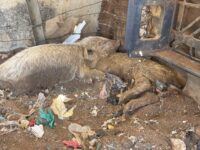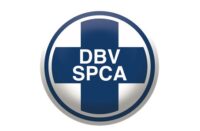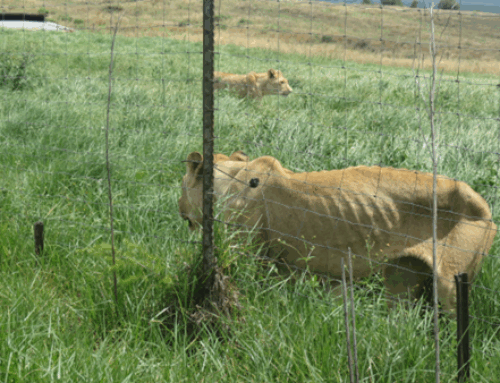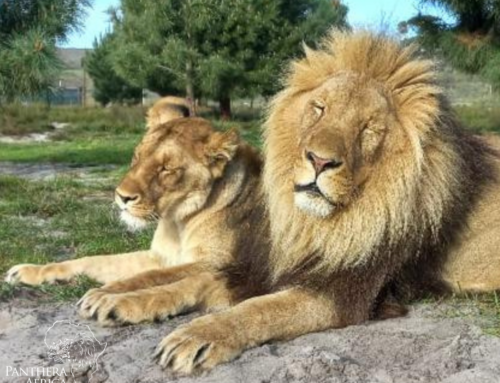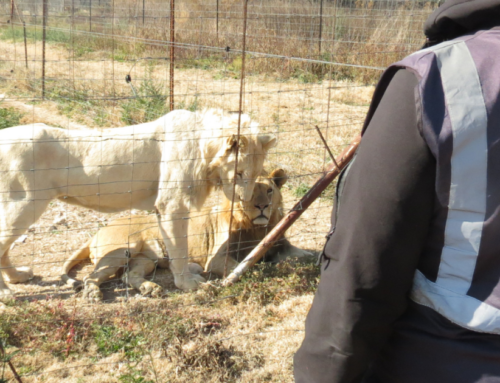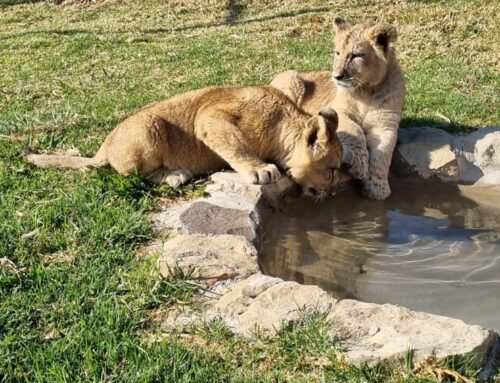For two decades, the NSPCA has been challenging the captive lion industry and fighting for the welfare and well-being of thousands of captive lions. In addition, the NSPCA is well renowned for challenging the implications and consequences of continued lion bone export quotas following CoP17 of CITES that would have resulted in the further commercialisation and expansion of the captive lion industry, whilst ethical, conservation and animal welfare concerns remained excluded. Since the victorious ruling in favour of the NSPCA, no lion bone export quotas have been released since 2019.
The closure of the captive lion industry has gained further traction, as Minister Barbara Creecy from the Department of Forestry, Fisheries and the Environment (DFFE) intends to phase out the captive lion industry and a further zero quota under CITES provisions have been made for lion bones and parts for 2022. The NSPCA fully support this renewed transition and firm decision to effectively phase out the captive lion industry.
Minister Creecy further indicated that she would establish a Panel of Experts to formulate and oversee the implementation of a voluntary exit strategy for lion farmers who wish to participate. The NSPCA has every intention to serve on this Panel of Experts.
The NSPCA has also formally addressed Minister Creecy regarding the serious concerns observed and experienced on the ground in terms of the captive lion industry’s closure. Whilst the industry has always been known to hold various animal welfare concerns, the NSPCA has begun to observe an upward trend in this regard. More and more lion farmers are indicating that they are no longer interested in maintaining their lions because they no longer hold any value, and the conditions under which these animals are now being found are of great concern.
The reality experienced on the ground includes lions either being surrendered by owners; the confiscation of lions; or the need to invoke Section 5 of the Animals Protection Act No. 71 of 1962 by the NSPCA and various SPCAs, leaving us and other NGOs to bear the cost of dealing with the matter in the best interest of the lions with no financial assistance provided from Government. Lions found in a compromised condition are euthanized within the relevant legislative framework, with a reality that there are simply not enough suitable facilities for non-compromised lions or lions that may recover under veterinary treatment to serve out the remainder of their lives.
Legitimate concerns exist around the status, welfare, and well-being of all animals involved in the captive lion industry during the uncertain period of policy formulation, enactment, and implementation to essentially bring an end to this industry.
There is a desperate need to find interim measures that serves to address the current developing issues on the ground that is pragmatic until the Panel of Experts is established, and this has been communicated to Minister Creecy by the NSPCA.
The NSPCAs Wildlife Protection Unit is at the forefront in serving in the best interest of captive lions through ongoing inspections undertaken at these facilities on a regular basis. While the NSPCA is in full support of DFFEs closure of the industry, we also lay responsibility and urgently call on the Government to act in terms of the interim measures required to prevent the suffering of animals who are no longer being valued. Swift action is required.
If you are as passionate about animals and their well-being as we are, consider supporting our causes by donating.
Latest News Posts
Will You Be the One Who Takes Action?
Most people will scroll past this. But will you be the one who stands up for animals?
Animal welfare isn’t always in the spotlight, but it changes lives – for every neglected, abused, or suffering animal we help. Our teams work tirelessly, often behind the scenes, ensuring animals across South Africa are protected.
This work is relentless. The challenges are immense. But with more hands, hearts, and resources, we can do even more.
The equation is simple: the more supporters we have, the greater our reach, the stronger our impact.
Be part of the change. Become an NSPCA Project Partner today. From just R50 per month, you can help ensure that no animal suffers in silence.

